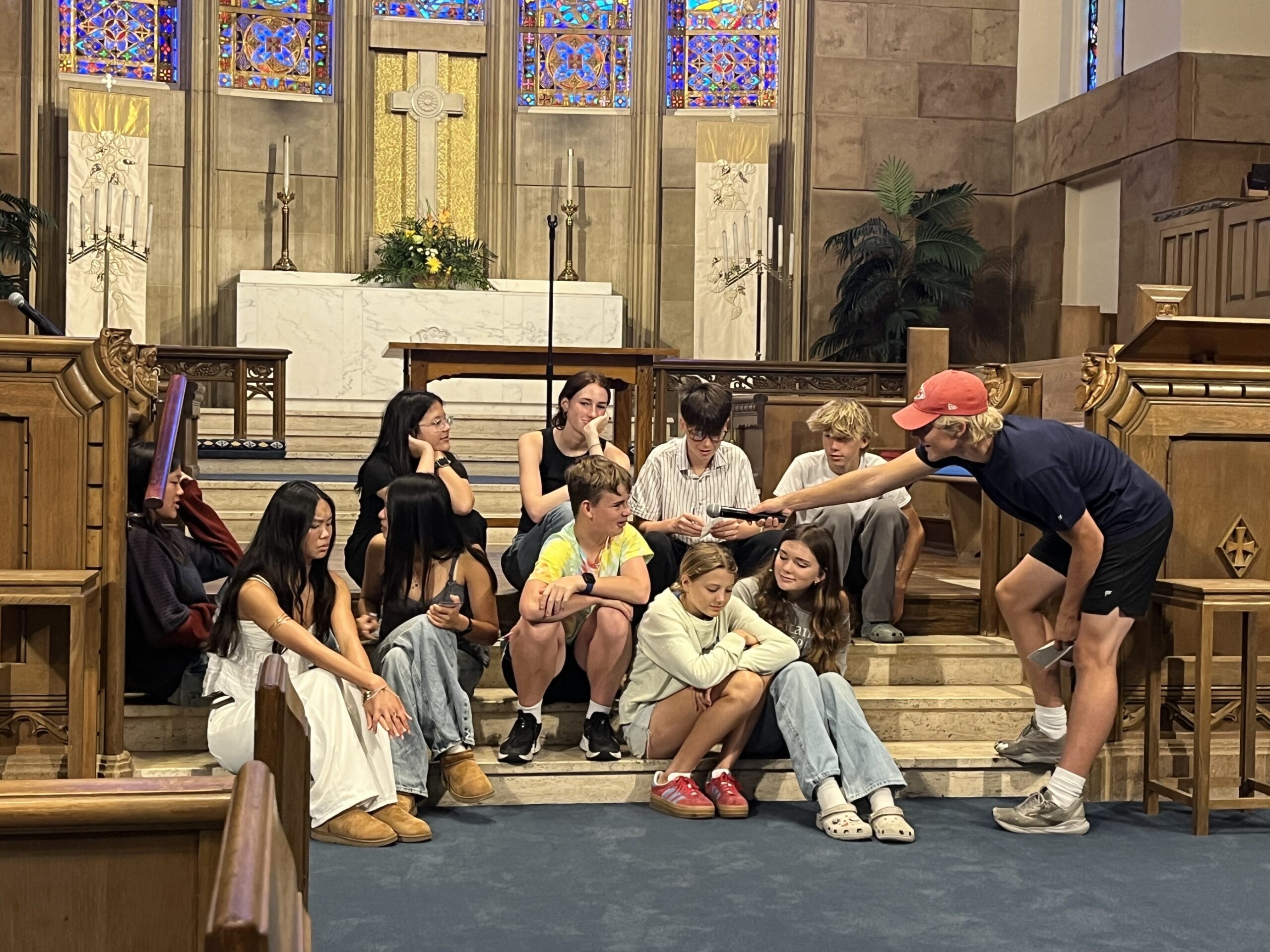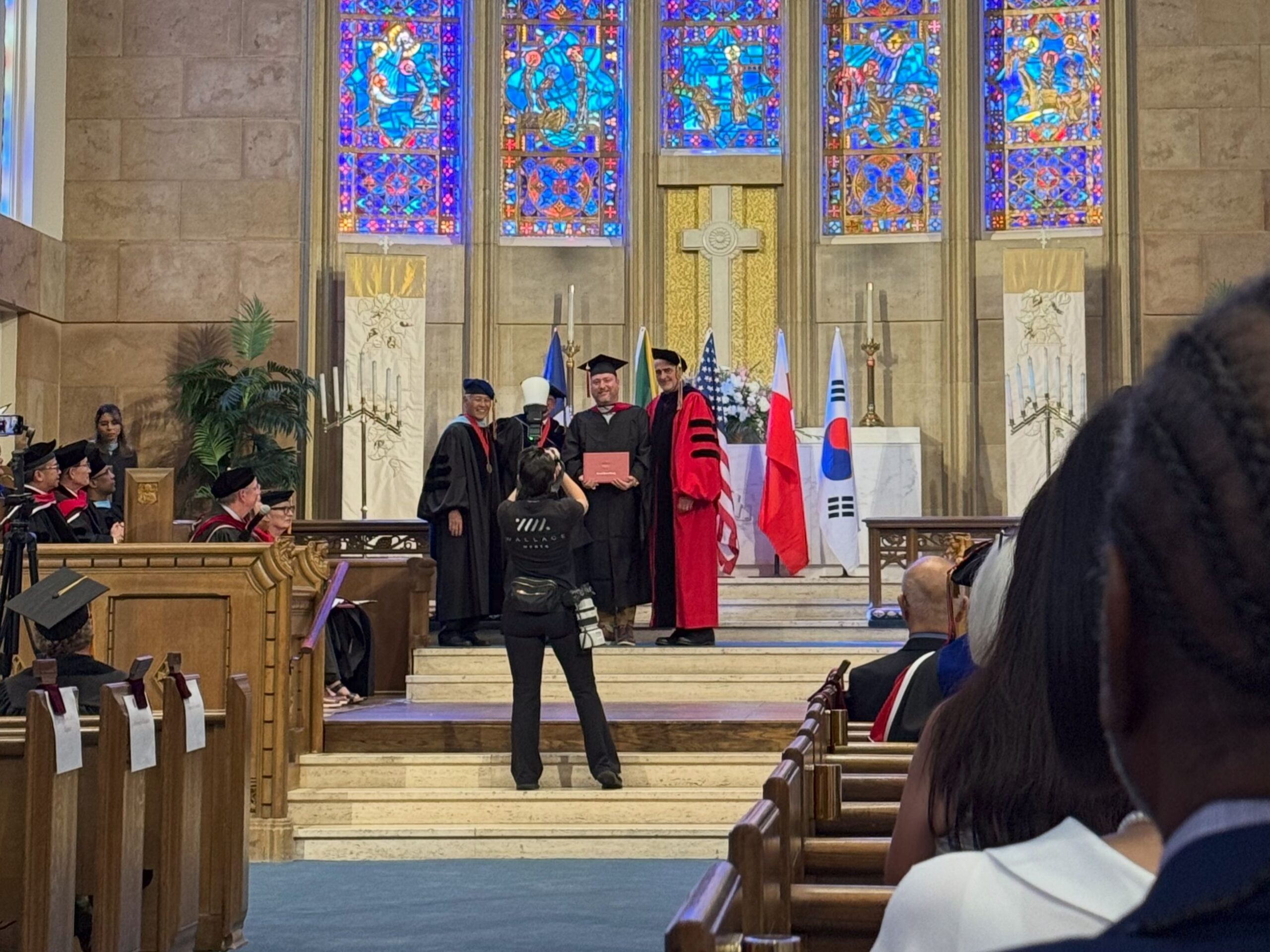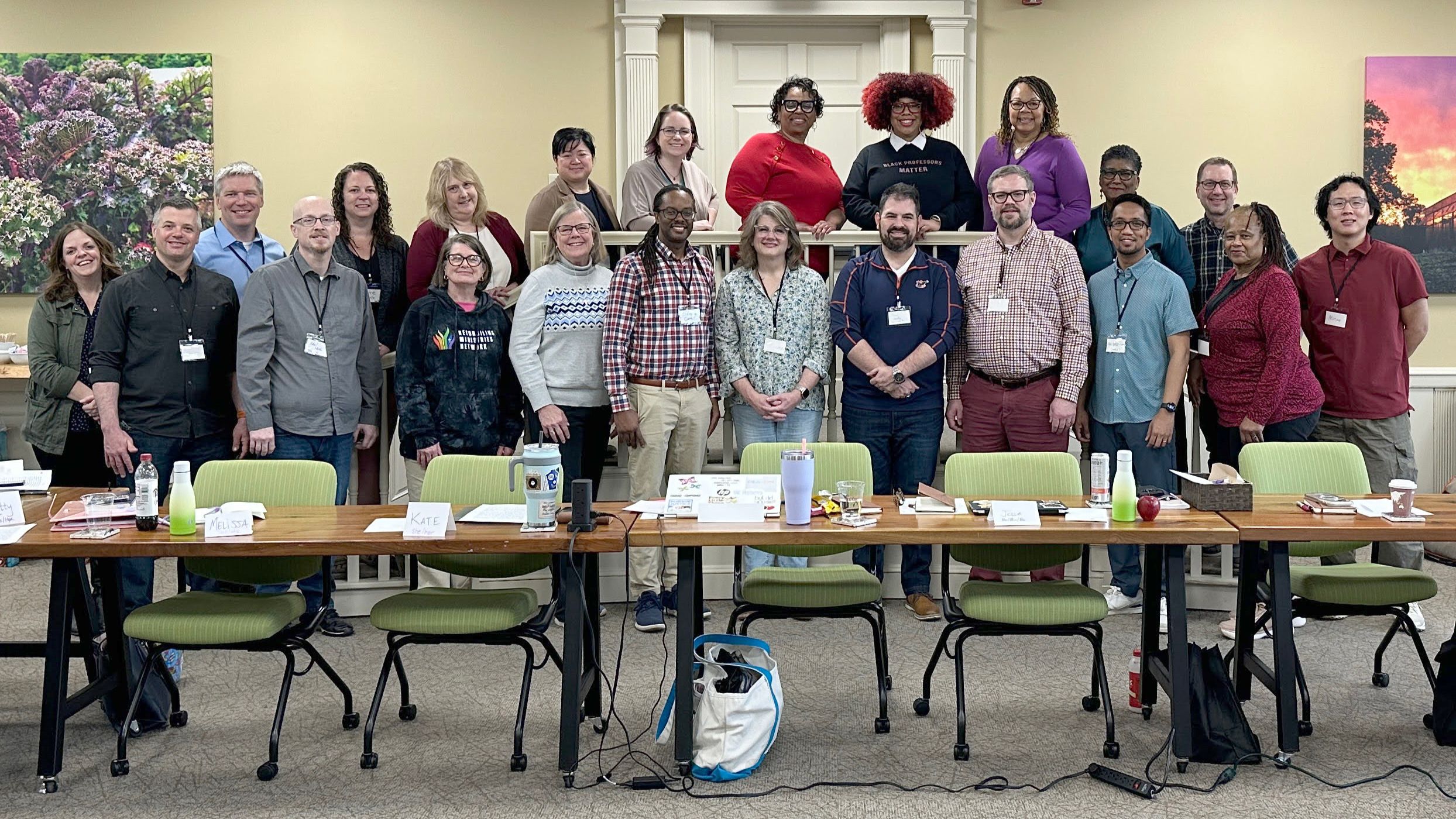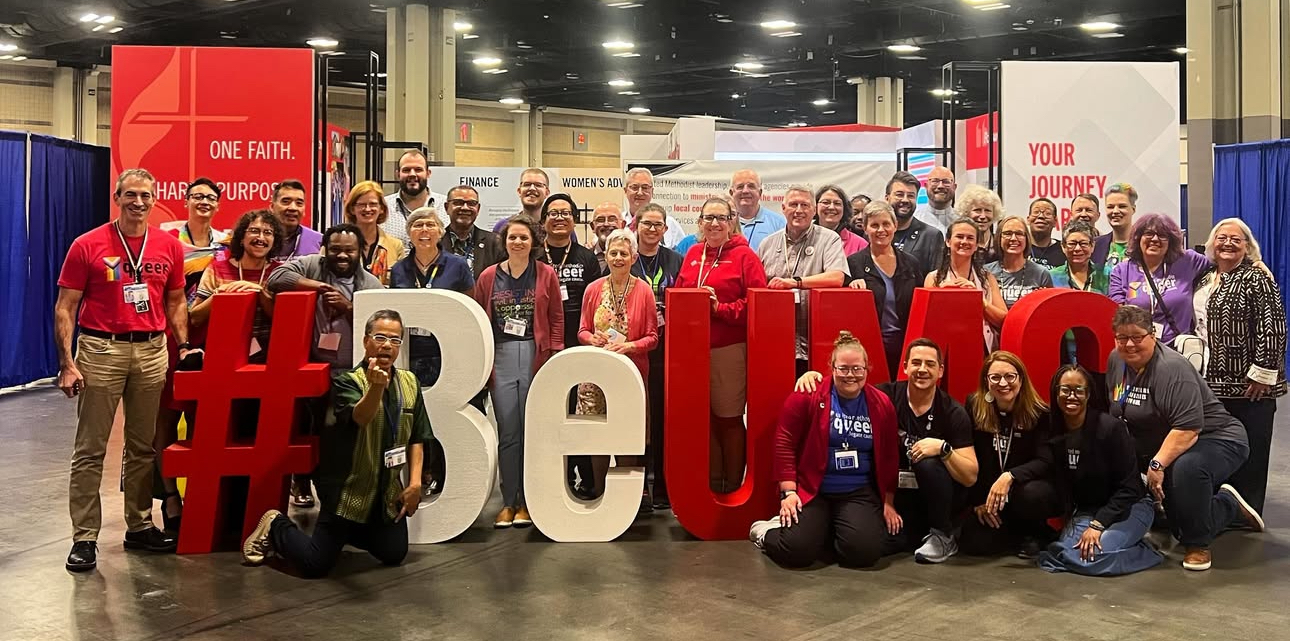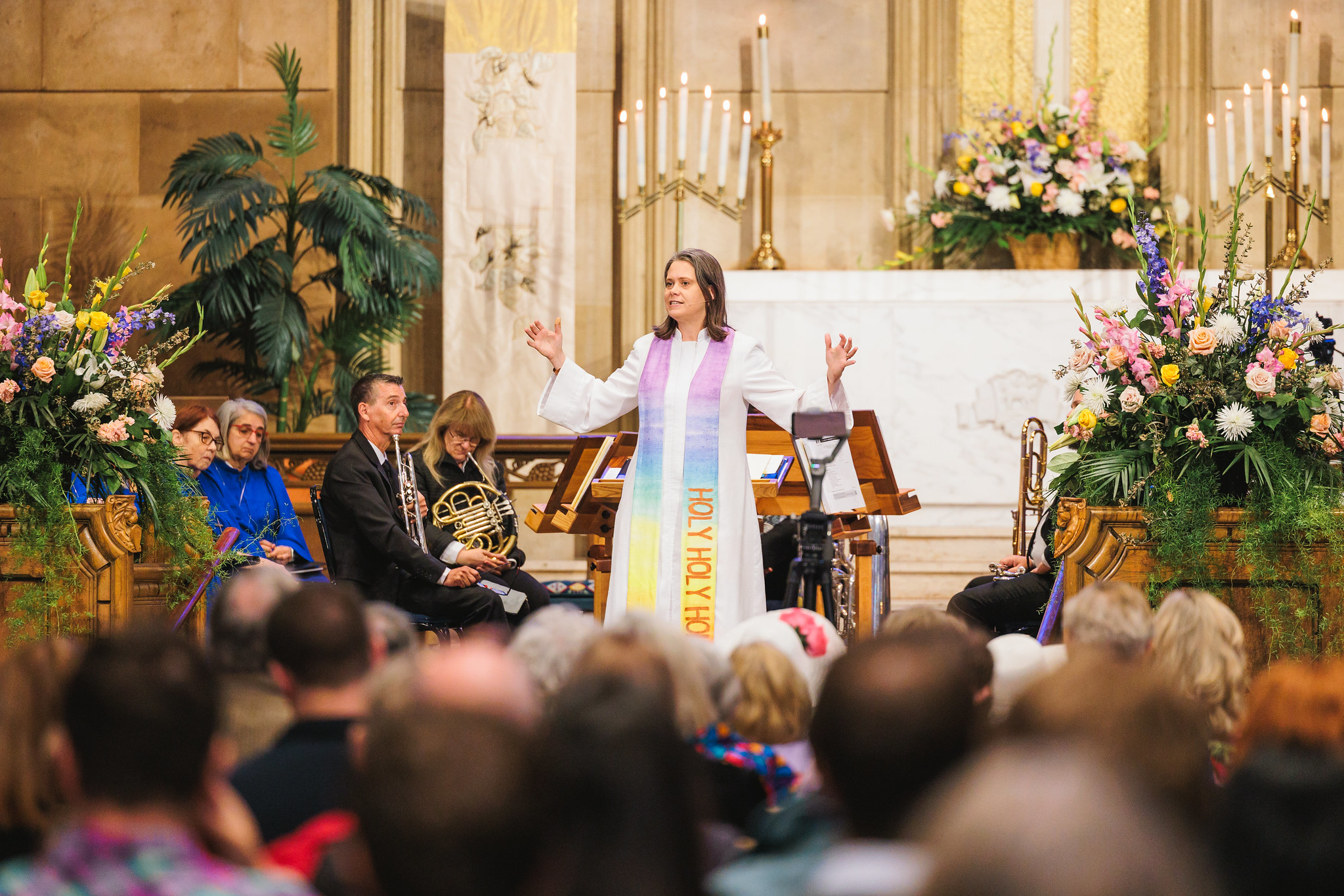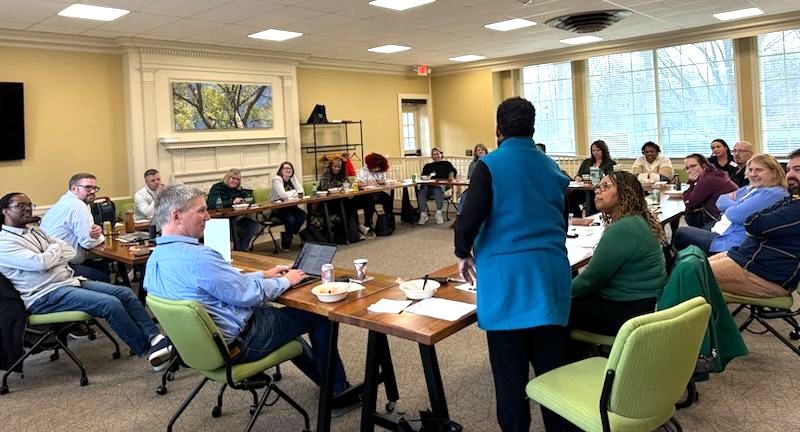After much prayer, voting, and discernment, I’m pleased to say that I will be remaining your Senior Pastor here at Westwood, and that I was not elected to be a bishop in the UMC. I believe that I am where God is calling me to be! And, this week, I remain grateful to be able to share another Pastoral Note from one of many brilliant and faithful clergy members connected to our Westwood UMC congregation, the Rev. Dr. Natalie Houghtby-Haddon. – Pastor Molly Vetter
Dear Westwood Family,
Let me join my colleagues in expressing my thanks to Pastor Molly for inviting me to write one of the Pastoral Notes this summer. Receiving the weekly newsletter from Westwood keeps me connected to the California-Pacific Annual Conference, despite more than half my ministry being conducted in Washington, DC. Here, I serve as the Associate Director of the George Washington University Center for Excellence in Public Leadership (GW CEPL), providing leadership development to managers and executives in federal and local government agencies. When people ask about my ministry, I often joke that I am an example of your federal tax dollars at work—which is true. Over the past two and a half decades, I have had the privilege of working with individuals across a broad spectrum of government agencies who are committed to enhancing their leadership capabilities to make a positive impact on their organizations, communities, and the lives of the people they serve.
My journey to GW began in the early 1990s, following the Rodney King uprising, when I realized that the church was adept at providing temporary solutions but lacked the tools to effect systemic change. I started in the Ph.D. in Public Policy program at GW, hoping that understanding public policy would help me change the system. I ultimately earned a Ph.D. in Human Sciences, integrating New Testament studies because I recognized that public policy operationalizes our values and vision for communal life. Including Jesus’ vision for all people, as found in the Gospels, was essential. I often say that if you seek the perfect set of performance metrics for Christians and society, look no further than Matthew 25:37-40:
“‘Lord, when did we see you hungry and feed you, or thirsty and give you something to drink? When did we see you a stranger and invite you in, or needing clothes and clothe you? When did we see you sick or in prison and go to visit you?’ The King will reply, ‘Truly I tell you, whatever you did for one of the least of these brothers and sisters of mine, you did for me.’”
My quest to reduce the need for temporary solutions boils down to the question: “How do we create healthy, just, and sustainable communities?” While I haven’t found the perfect answer, I believe a significant part of it lies in leadership—leadership that can articulate shared values and a vision for the future that we can all aspire to achieve together.
The United Methodist Church is at an inflection point, defined by Merriam-Webster as “a moment when significant change occurs or may occur.” Significant change has indeed occurred for us. As we move into a future where nearly a third of UMC churches have disaffiliated, and harmful language about human sexuality has been removed from the Book of Discipline, we have arrived at not only an inflection point but a Sabbath moment—a time to imagine our lives differently, as Walter Brueggemann suggests Sabbath allows us to do.
Imagining our lives differently requires leadership and collective effort. My prayer is that as we move into this new future with faith and hope, we can all contribute to creating and sustaining healthy, just, and sustainable communities across the nation and the globe, wherever the UMC touches lives.
Rev. Dr. Natalie Houghtby-Haddon, Ph.D.
Rev. Dr. Natalie Houghtby-Haddon, Ph.D. is the Associate Director of the George Washington University Center for Excellence in Public Leadership (GW CEPL), and an Assistant Professor in the GW College of Professional Studies. She is also a Professorial Lecturer in the GW Religion Department, teaching courses in the New Testament and Christianity. An ordained elder in the United Methodist Church, she pastored local churches in Southern California before coming to GW. An accomplished leader and manager in academic and ministerial roles, Natalie has combined a deep passion for strengthening community and leadership development with a track record of generating resources through grants, contracts, and business development to support programs. Her primary goal in the work that she does is to help leaders imagine and generate alternative futures that will make a positive difference for themselves, their organizations, their communities, and the people they serve. She is the author of Changed Imagination, Changed Obedience: Social Imagination and the Bent-Over Woman in the Gospel of Luke, published by Wipf and Stock Publishers.


